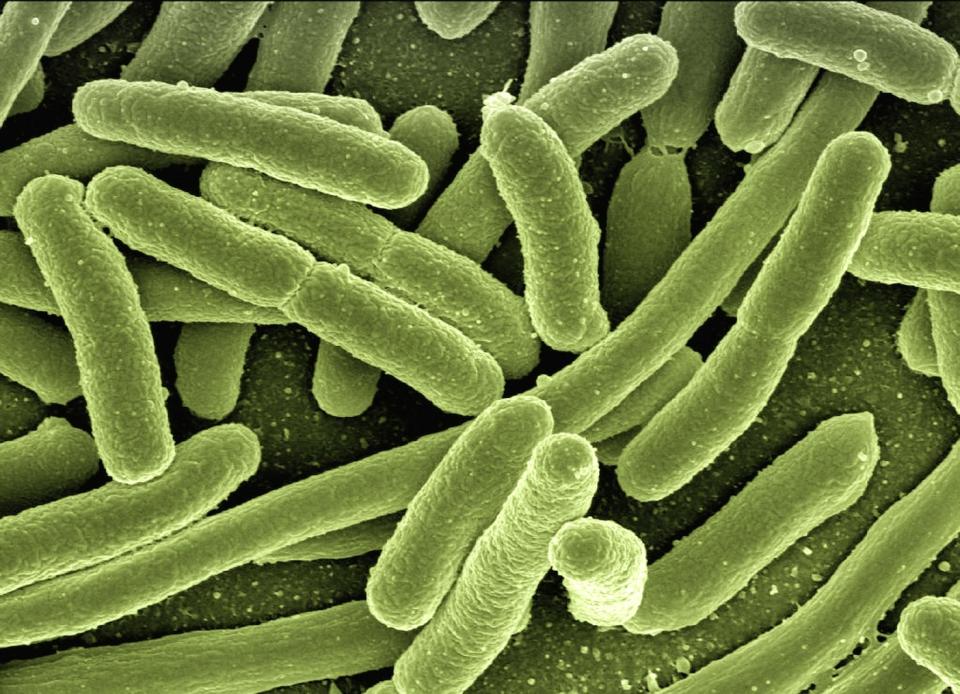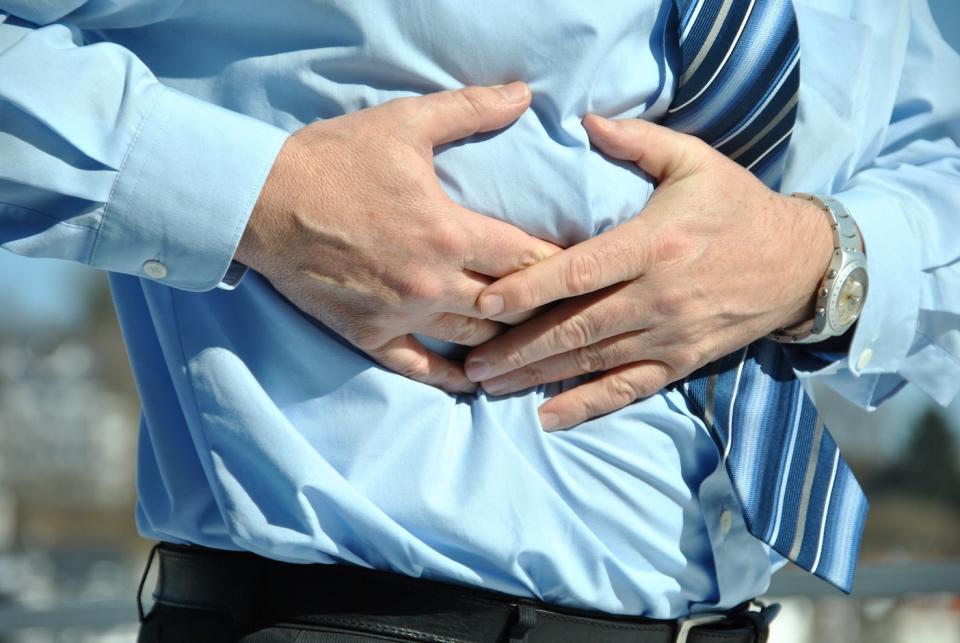When food poisoning turns deadly

Food poisoning is a common illness that is usually mild and clears up in a few hours to a few days, but in some cases it can cause serious complications, needing hospitalisation, and be fatal.
In separate mass food poisoning incidents which occurred in Singapore in November and December 2018, more than 500 people were affected but the majority recovered after receiving appropriate treatment. One person, however, 38-year-old auxiliary police officer Fadli Salleh, reportedly developed complications related to the kidneys, and died.
Experts say that your age, state of health, and your level of exposure to the contaminated food, determine the severity of your reaction. Individuals who are at high risk of reacting adversely to food poisoning include:
Older adults, aged 65 and above
Pregnant women
Infants and children below the age of 5
Individuals with a weakened immune system due to factors such as cancer treatment, alcoholism, diabetes, liver/kidney disease, heart disease, etc.
According to the World Health Organization, globally an estimated 600 million people or almost 1 in 10 fall ill after eating contaminated food, and 420,000 die from it every year.
The deadliest germs that are responsible for the maximum number of hospitalisations and deaths related to food poisoning are the norovirus, and bacteria such as salmonella, campylobacter, E coli, listeria and clostridium perfringens.

Symptoms and complications of food poisoning
Common symptoms of food poisoning, which may take hours or even days to appear, include:
Abdominal pain and cramps
Bloating
Nausea
Vomiting
Diarrhoea
Fever
Severe symptoms include:
High fever
Blood in stools
Muscle weakness
Dehydration, with a marked decrease in urination, very dry mouth and throat, dizziness while standing
Severe dehydration is a medical emergency and requires immediate treatment.
Other serious and long-term effects of food poisoning
Hemolytic-uremic syndrome (HUS) – this serious illness that can occur after infection with E coli bacteria, can lead to kidney failure in children and adults.
Brain and nerve damage – you can develop meningitis, an inflammation of the membranes surrounding the brain and spinal cord, following a listeria infection.
Guillain-Barré syndrome – this condition, in which your immune system attacks the nerves, can occur because of campylobacter infection.
Chronic arthritis – this can occur after shigella, salmonella or campylobacter infection. It can begin with pain in the joints, irritation of the eyes, and painful urination – called reactive arthritis – and persist for months or years.
Related stories:
Man dies after gastroenteritis outbreak at Spize Restaurant at River Valley
NEA suspends licence of Tung Lok Catering at Singapore Expo after reports of illnesses
175 ill in mass food poisoning linked to events at Mandarin Orchard Hotel ballroom

